Master cutting-edge prompt engineering techniques to unlock AI’s full potential and drive smarter, faster, and more accurate outcomes.

300+ Programs designed and delivered by seasoned consultants & trainers

Hands-on modules with use cases, gamification & simulation exercises

10000+ People trained and coached by hands-on consultants
This workshop offers a deep dive into structured, task-specific prompting techniques to build reliable, controllable GenAI outputs—covering role prompts, output formatting, debugging, and common pitfalls through hands-on labs.
As enterprises increasingly adopt Generative AI tools, prompt engineering becomes the key differentiator between average outputs and high-value, reliable results.
This workshop empowers teams to:
In short, this workshop helps technical and product teams build trustable, business-ready AI solutions by mastering the one skill that defines GenAI performance: prompt design.
Level up your AI capabilities through advanced prompt design techniques tailored for real-world enterprise and creative applications.
To make the most of this workshop, participants should have a basic familiarity with Generative AI tools (e.g., ChatGPT, Claude, Gemini, etc.), an understanding of prompt-response mechanics and a curiosity to experiment and optimize.
In this hands-on LangChain Mastery Workshop Program, you’ll learn how to:
This workshop transforms prompt crafting from trial-and-error into a structured, strategic skill.
This workshop is ideal for:
Stay ahead of the curve by learning how to design smarter prompts that deliver accurate, reliable, and high-impact AI results.

30 Hours (customizable for corporate needs)

Live Online / In-Person / Hybrid (as per corporate preference)

Hands-on, project-based learning

Having rich experience of real-world problems, our workshop has an enterprise focus, where
Read more
we go beyond basics to teach advanced prompt techniques like few-shot, chain-of-thought, and role prompting—grounded in real-world, enterprise use cases.
Less
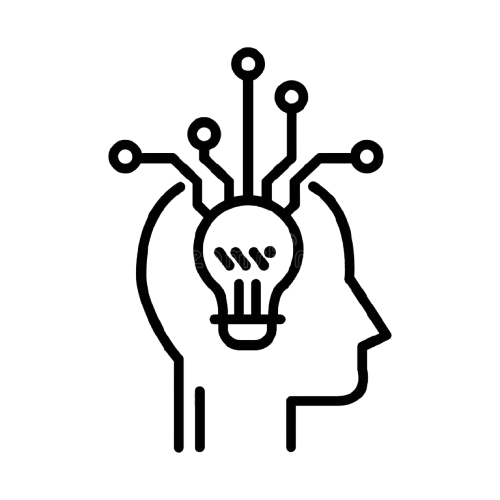
Our workshop moves from structured theory to hands-on labs and pre-trained models—so
Read more
your teams not only understand prompt logic but can build, test, and optimize right away.
Less

Participants master writing nuanced prompts that mimic specific personas, follow layered
Read more
instructions, and align with complex workflows—ideal for automation and GenAI tooling.
Less

Our workshop ensures that the participants learn to generate precise, structured formats
Read more
(JSON, Markdown, tables) essential for integrating GenAI into API systems, apps, and decision-support tools.
Less

Our Prompt Debugging Lab teaches participants how to troubleshoot hallucinations,
Read more
ambiguity, verbosity, and format issues—turning prompt tuning into a repeatable skill.
Less

Whether your teams are building customer support bots, AI copilots, or backend GenAI workflows,
Read more
we tailor examples and challenges to your domain and thus reinforce skills through practical application.
Less
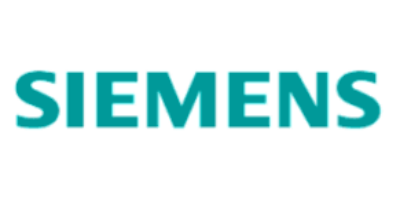
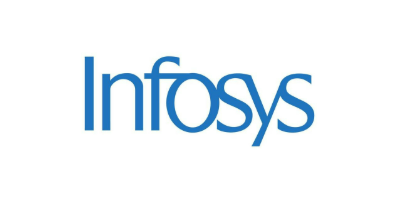
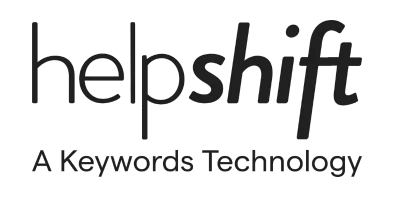
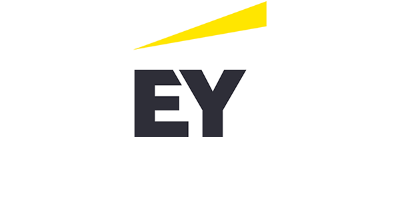

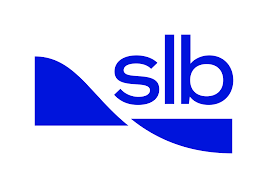






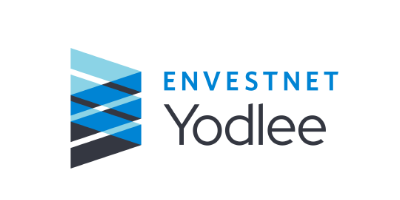


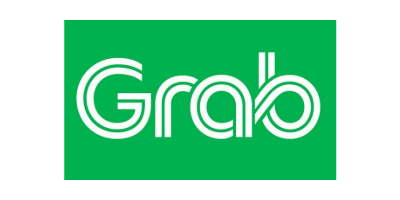

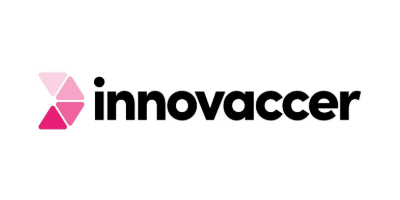

Senior Consultant & Trainer
B.Tech. IIT Varanasi Product-orientated Technology leader with around 24 years of experience in all aspects of product engineering for startups and enterprises. Experienced in designing and architecting highly scalable technology systems. Arun has worked with clients like RBS, Sapient, Fidelity International, G&G Webtech, Ericsson, Oracle, Orange, ZF and more.

Senior Consultant & Trainer
B. Tech. IIT Varanasi Senior engineering leader with over 20 years of experience in IT, specializing in digital transformation programs across all stages of the software lifecycle. Adept at designing scalable cloud platforms, establishing best practices, and mentoring engineering leaders. Rahul has worked with client like Samsung R&D Institute, Wooqer, Sapient, Oracle Financial Services and more
Master advanced prompt engineering to unlock GenAI’s full potential, streamline workflows, and drive real business outcomes with intelligent, optimized prompts.
You’ll gain practical skills in designing effective prompts for diverse use cases such as content generation, summarization, data extraction, reasoning, and API-based automation. The course covers zero-shot, few-shot, and chain-of-thought prompting, ambiguity resolution, tone control, and input/output structuring. You’ll explore prompt testing, debugging, and evaluation strategies, including best practices for interacting with models like GPT-4, Claude, or open-source LLMs. The workshop blends conceptual clarity with real-world practice, enabling you to prompt LLMs precisely, consistently, and safely.
The workshop is designed for developers, data scientists, product managers, UX/content strategists, and domain experts who work with or intend to integrate GenAI into their workflows. Whether you’re building AI tools, using LLMs for operations, or writing prompts for business applications, the course caters to technical and semi-technical roles. Anyone aiming to improve how they design, test, and evaluate AI interactions will benefit—regardless of whether they are creating user-facing applications or internal tools.
No prior GenAI experience is necessary. The workshop starts with foundational concepts such as what LLMs are, how they interpret prompts, and the importance of structure in input design. It then progresses to advanced prompting strategies using examples and guided exercises. Participants unfamiliar with tools like ChatGPT, Claude, or Llama will get oriented quickly, while experienced users will deepen their understanding of prompt performance tuning and advanced techniques like tool-use prompting and output shaping.
These are key prompt engineering strategies. Zero-shot prompting asks the model to perform a task without examples. Few-shot prompting gives the model a few samples to guide the output style or logic. Chain-of-thought prompting breaks reasoning into steps, improving outputs on tasks requiring logic or multi-stage thought. In the workshop, you’ll experiment with each type, understand when and why to use them, and learn how they impact accuracy, consistency, and hallucination rates across different models.
Yes. You’ll learn to write targeted prompts for specific tasks—like classification, summarization, translation, query generation, or instruction-following. Structured prompting involves formatting the prompt to guide consistent and predictable output—using lists, bullet points, templates, or delimiters. You’ll work on prompts that fit real product or operational contexts and learn techniques to control verbosity, tone, and format. These structured approaches are especially useful in automated workflows, backend pipelines, and user-facing AI products.
Absolutely. You’ll learn how to craft and test prompts that are used via APIs (e.g., OpenAI, Cohere, Anthropic) rather than chat UIs. The course teaches how to design prompts that work within token limits, minimize cost, and optimize reliability when programmatically sending them. It covers formatting JSON-compatible outputs, handling retries, and structuring inputs for automation. This is critical for developers building GenAI features into applications, chatbots, tools, or background tasks where consistency and error handling are key.
You’ll learn to reduce ambiguity by using explicit instructions, controlled vocabularies, constraints, and role assignments. To reduce hallucinations, the workshop covers context injection, grounding strategies, and prompt evaluation. You’ll also address verbosity through length control techniques such as token limits, concise style prompts, or instructing models to “respond in n words.” You’ll experiment with techniques like “respond with only valid JSON,” which are critical when integrating outputs with downstream systems or APIs.
Participants will engage in guided exercises such as rewriting flawed prompts, crafting structured instructions, chaining prompts to complete complex tasks, and evaluating LLM responses using prompt variants. Labs include tasks like comparing zero-shot vs few-shot performance, building prompts for summarizing business documents, and designing prompts for data classification. You’ll also use tools like the OpenAI playground or Python notebooks to experiment with prompts across different models, evaluating output quality and model behavior firsthand.
Prompt engineering is the foundation of effective GenAI use. By upskilling your team, you reduce inefficiencies, hallucinations, and inconsistent AI outputs across applications. The workshop helps cross-functional teams align on prompt standards, improve AI user experiences, and integrate AI more confidently into operations or products. Whether you’re fine-tuning workflows, deploying GenAI in customer-facing tools, or experimenting with copilots, this training ensures your team builds reliable, secure, and business-aligned AI solutions faster and more effectively.
As more teams adopt LLMs into their digital products, mastering prompt engineering becomes essential for scaling and controlling AI behavior. This course aligns directly with AI adoption goals by enabling faster prototyping, reduced experimentation cycles, and consistent performance across use cases. Teams can apply learnings to customer service bots, knowledge assistants, internal automations, and document analysis tools. The training also supports responsible AI practices—helping teams reduce bias, control tone, and align AI behavior with brand and compliance standards.
Yes. The workshop is designed to be cross-functional. While developers and data scientists focus on structured prompts and integration logic, product managers, content teams, and analysts benefit from learning how to design effective instructions, evaluate outputs, and translate use cases into prompt logic. The hands-on nature ensures both groups engage deeply. The result is a shared vocabulary and skillset that improves collaboration between technical and non-technical stakeholders on GenAI-driven projects.
Yes. The workshop can be customized with your internal use cases, industry domain, or platform (e.g., using OpenAI, Anthropic, or custom models). Prompts can be tailored to reflect your customer queries, documents, compliance guidelines, or product-specific tasks. We can also include use cases from internal tools, CRMs, or ticketing systems. This ensures the learning is not abstract, but grounded in how your team will actually use prompting inside your ecosystem. We generally try to pick examples to align with the domain of the cohort.
All three roles benefit significantly. Developers learn how to structure prompts for API reliability and output parsing. Product managers learn how to design and test AI flows aligned with business goals. Content teams and UX writers learn how to instruct LLMs for tone, structure, and clarity. The workshop fosters a shared prompt language across disciplines, empowering collaborative development of GenAI-powered features, support bots, documentation tools, and more.
Yes. Participants receive post-workshop prompt engineering exercises for continued practice, access to sample prompt templates, and links to evaluation tools. Certifications are outside the scope of this program. However, the knowledge and skill gain may be useful in getting the certifications. Optional follow-up sessions or office hours may also be provided to support teams in refining prompts on their real-world applications. These post-training resources help teams internalize techniques and stay current with evolving best practices in prompting. Additionally, we undertake consulting assignments to support enterprises in customizing and deploying generative AI solutions tailored to their specific business needs—ensuring sustained impact beyond the training.
Prompt engineering improves AI effectiveness, reduces failure rates, and speeds up development cycles for GenAI applications. Post-training, teams can design prompts that generate more reliable, accurate, and aligned outputs—minimizing manual review or rework. This leads to better user experiences, faster product iterations, and higher returns on GenAI investments. The training also fosters responsible use by teaching output validation and safety techniques—critical for deploying LLMs at scale in customer-facing or regulated environments.
Gurgaon Office
91springboard NH8, 90B, Delhi – Jaipur Expy, Udyog Vihar, Sector 18, Gurugram, Haryana 122008.
Bangalore Office
WeWork Embassy TechVillage, Block L, Devarabisanahalli Outer Ring Rd, Bellandur, Bangalore, Karnataka 560103.
consult@benzne.com
+918527663706
